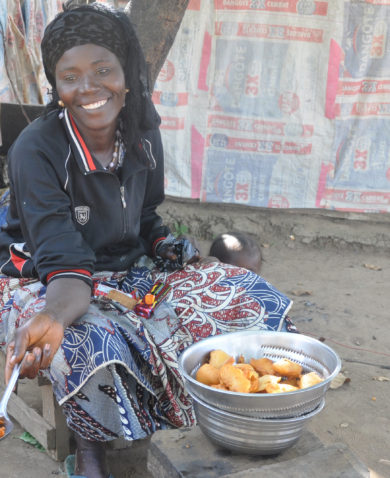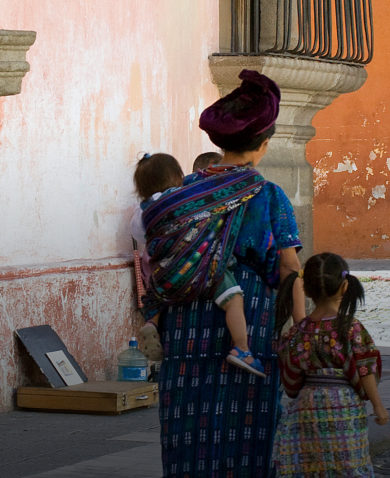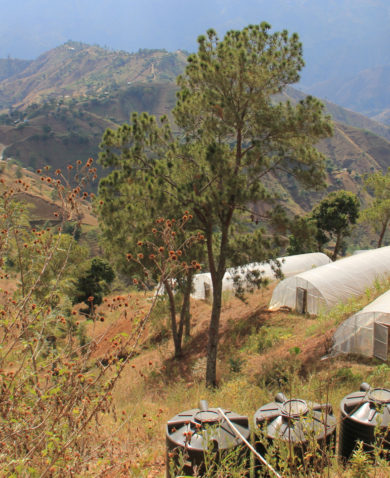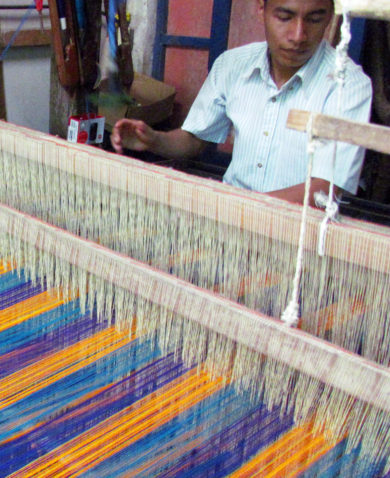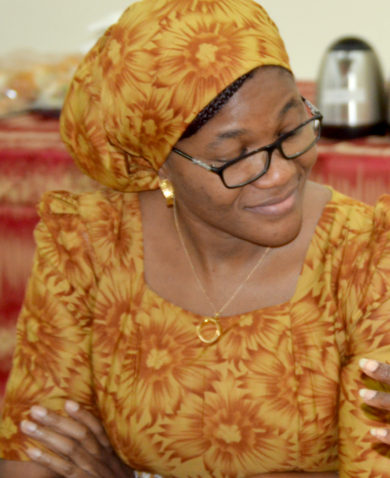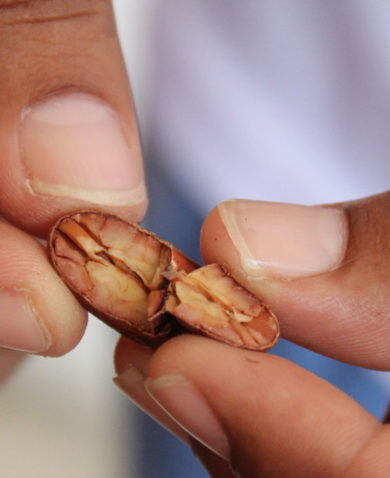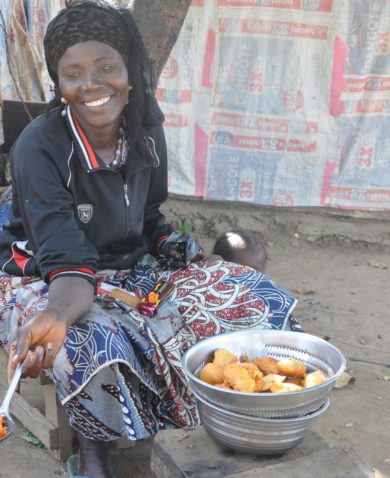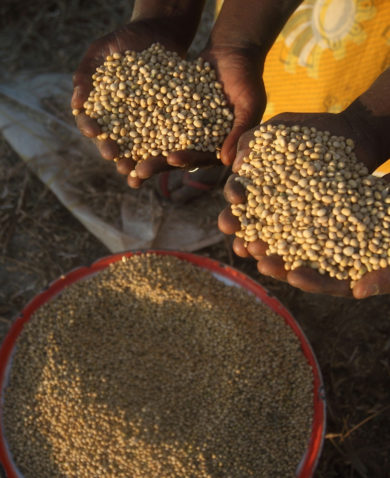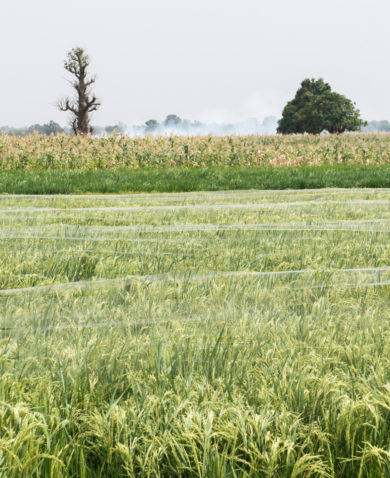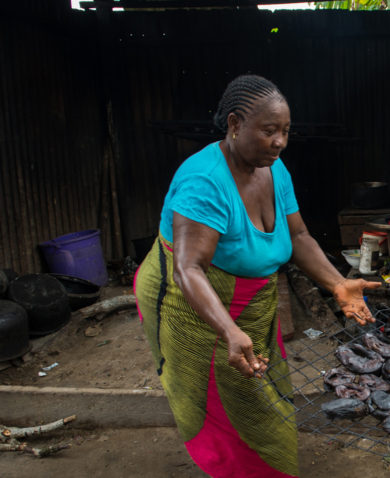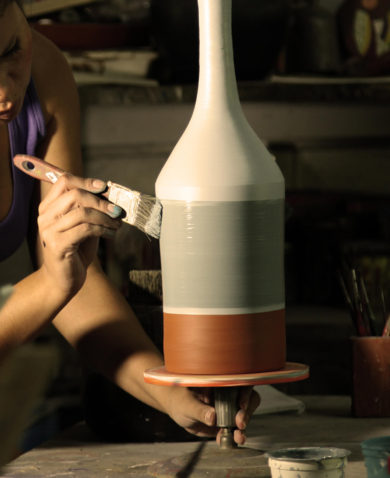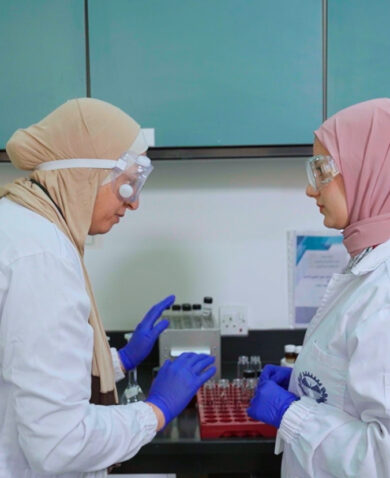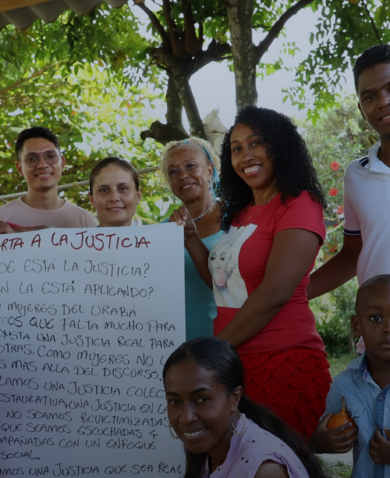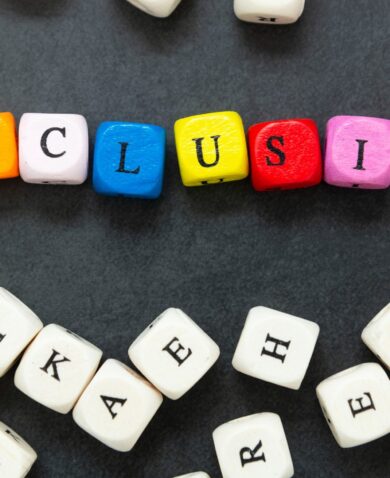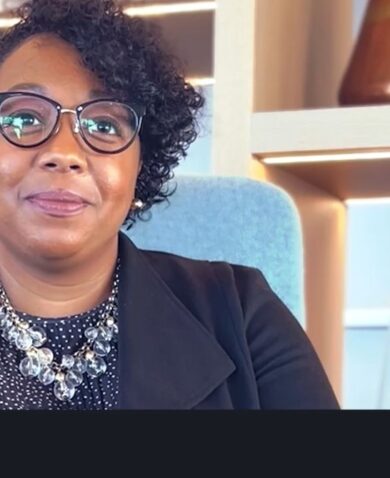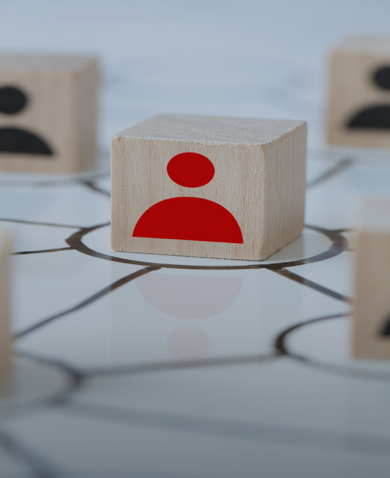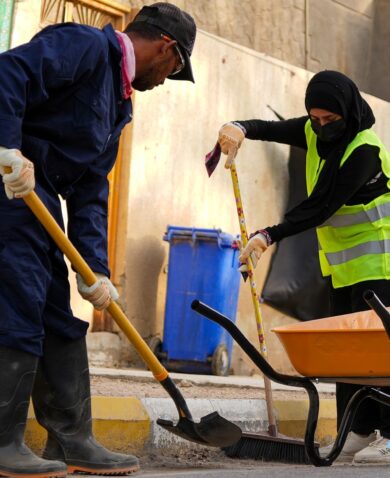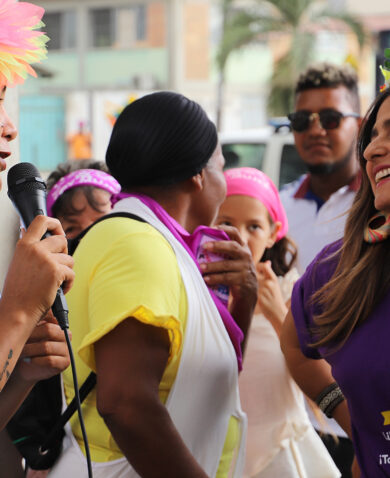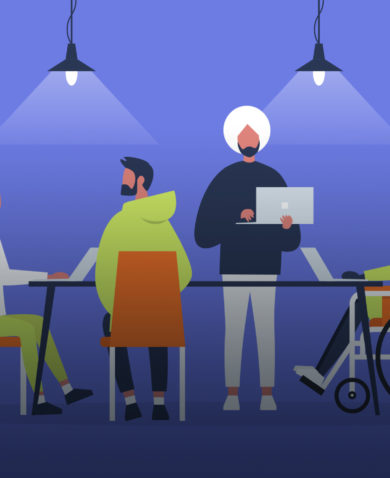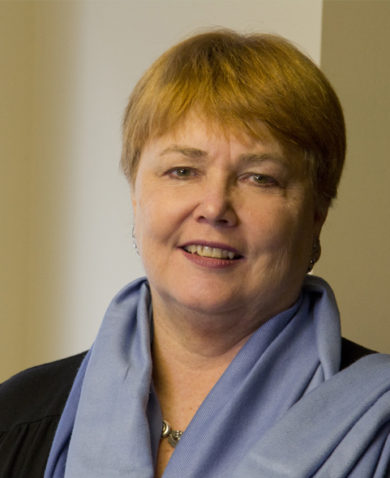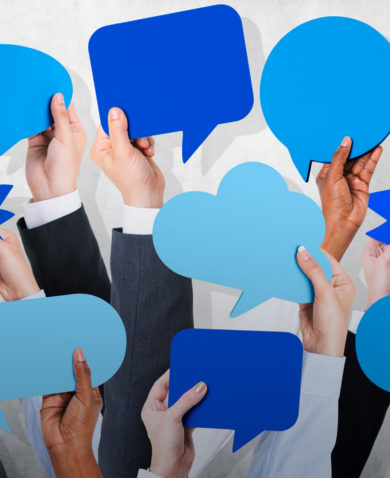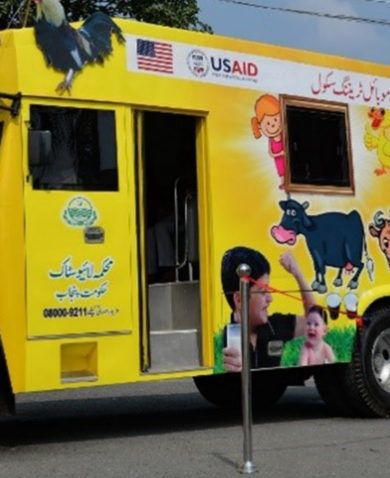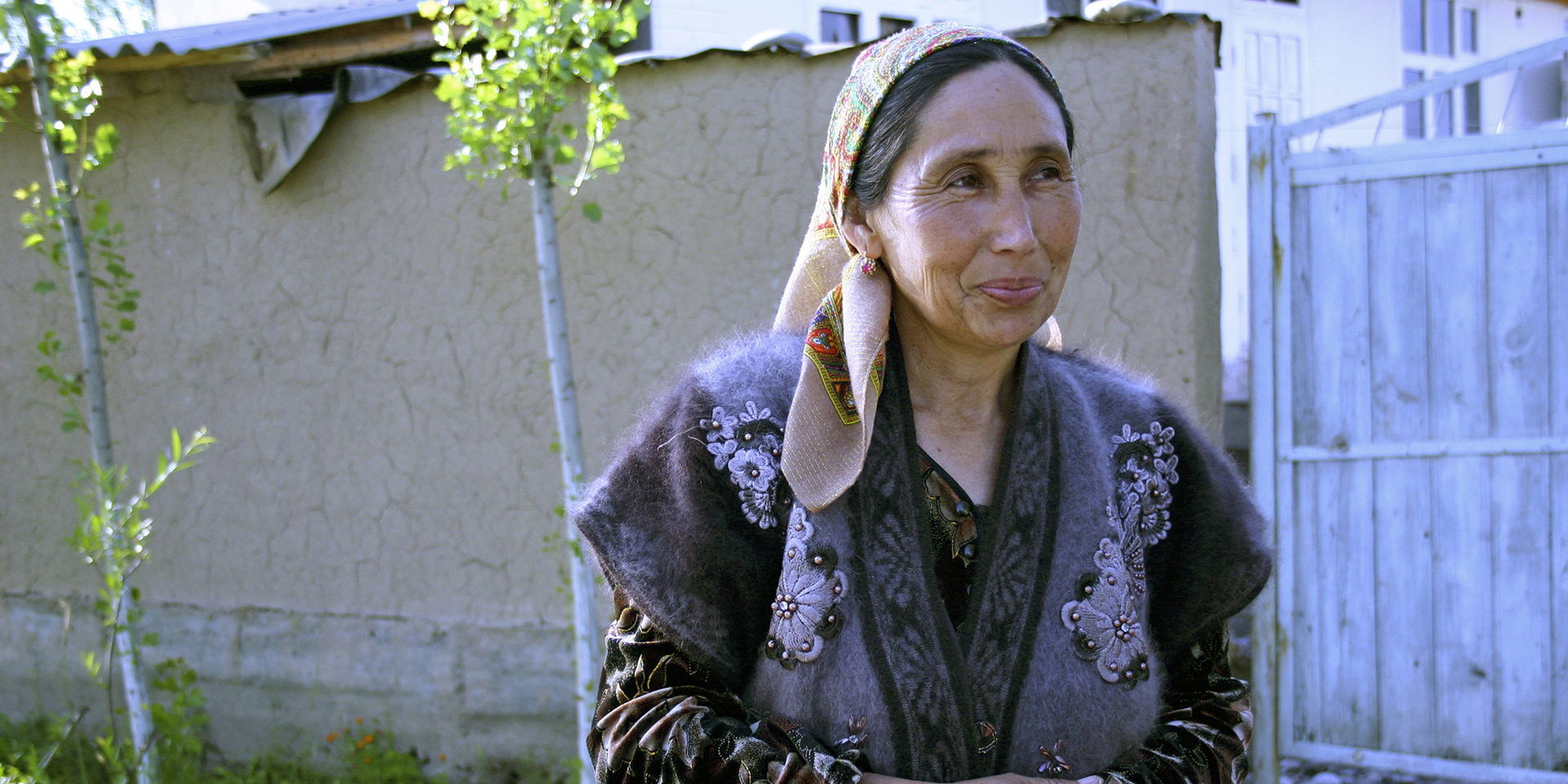
One Woman’s Perspectives of International Women’s Day
March 8, 2015 | 3 Minute ReadGender Equality and Social Inclusion Practice Manager Janetta Lun reflects on the importance of celebrating International Women's Day.
This year’s International Women’s Day falls on a Sunday. For many people in the United States, it is a typical day off but in many other countries such as those in Eastern Europe and Central Asia, International Women’s Day it is an official holiday each year. I used to be a skeptic of days like this that are dedicated to honoring and appreciating a certain group of people. The cynical side of me wonders, why just this one day of the year? Why do we single out women? And what will happens on March 9, 10, 11, and so on? After respect is paid, appreciation is expressed, and gratitude is given, will people forget about the group that they honor and return to business as usual?
As I become more engaged in the work of gender in development, I have come to realize that it is important to have a publicly recognized day to commemorate the progress and achievements toward gender equality. Especially in today’s social media world, days like this can be an important engine that helps move the agenda forward, binding people together with a common platform for a common cause. It also provides an opportunity to reflect and to appreciate those who work tirelessly in promoting gender equality and social justice that ultimately makes the world more peaceful and stable.
There are waves of activities happening around the world for this year’s International Women’s Day, and Chemonics is excited to be a part of the movement. For example, the Cote d’Ivoire Transition Initiative is supporting a local NGO to organize the second annual women’s half marathon in Abidjan for this year’s International Women’s Day. During the post-electoral crisis of 2011, many women were the victims of gender-based violence, which led them to feel excluded from the social and political environment in Cote d’Ivoire. But today, the marathon brings together thousands of women from different social groups to raise awareness and promote positive social and political engagement, and to encourage women’s participation in the upcoming elections.
In Quibdó in Colombia, the Human Rights Project gathers students, teachers, public officials, women leaders, and NGOs for a march and a film festival to promote women’s rights and to introduce tools for the prevention of and response to gender-based violence. These events are a powerful way to bring people together and reverberate the message of gender equality and inclusive development.
When thousands of people around the world show up in events like this, it is hard to be business as usual afterward.
While reflecting on this day, I also become more appreciative of the diversity of women. In Hong Kong, where I grew up, International Women’s Day was translated as “March 8 Women’s Festival” (三八婦女節). Interestingly, the Chinese translation of the term “women” here was more reflective of women of older age and I always thought that it was about honoring women who are in their late 30s and above, or at least someone who is married or is a mother, which are traditional markers of being a woman.
Now that I’m in that age bracket, technically a 婦女, and have lived in US for over 15 years, the term women has a lot more facets than how I used to think about it. International Women’s Day is not only about the celebration of women from different national and cultural origins, it is but also about the various aspects of womanhood at different life stages.
Shortly after I joined Chemonics’ Gender practice last October, the practice was renamed to be the Gender Equality and Social Inclusion practice to recognize that women and men are not just women and men but that they also have other intersecting social identities that affect their opportunity, vulnerability, and marginalization in their access to social benefits. I am not just a woman, but I am also a mother, a Chinese American, and a social psychologist. Each of these identities bring out different expectations from other people that may inadvertently give me privilege or post barriers to my goals.
Last week I read a New York Times op-ed by Oliver Sacks, a neurology professor, who reflected upon his experience with his terminal illness. He wrote, “There will be no one like us when we are gone, but then there is no one like anyone else, ever. When people die, they cannot be replaced.”
I would take this one step further. This sense of individual uniqueness is shaped by the identities that are ascribed to us and the identities that we acquire over the course of our lives. Whether it be age, gender, race, ethnicity, sexual orientation, occupations, social status, ability. or disability, they are a part of the lens through which we see the world and the vantage point from which we interact with other people. This is what it means to be human. And it is with this perspective of humanity that I celebrate this year’s International Women’s Day.



